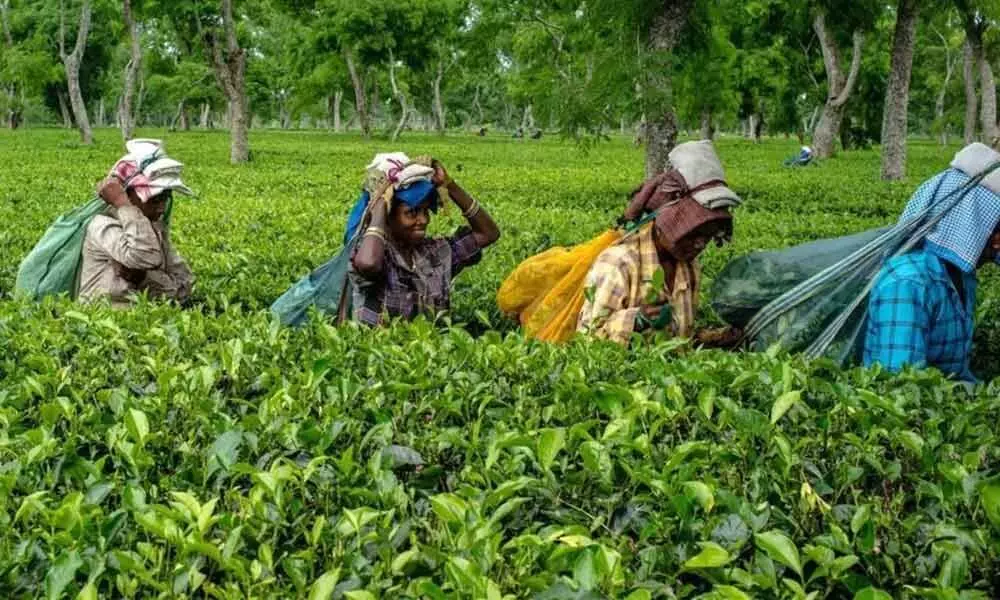Can tea board's directive to stop blending of inferior tea help Indian tea regain its glory?
India’s overall tea production in 2020 had been down by almost 10 per cent to 1,257 million kg, compared to 2019
image for illustrative purpose

India's overall tea production in 2020 had been down by almost 10 per cent to 1,257 million kg, compared to 2019. And now the Indian tea industry, is likely to end the calendar year 2021 with a 40-45 million kg drop in production. That's not all. Going by Tea Board of India statistics, a global recovery between January and August this year notwithstanding, tea exports from India dropped by over 11 per cent. This followed a 20 per cent drop in exports to markets such as Russia, the UK, and Egypt in 2020. Tea imports to India, on its parts, have increased by almost 34 per cent in the same period, while in 2020, imports surged by more than 50 per cent. Therefore experts feel that the Indian tea industry may continue to face challenging times moving forward if consumption – both domestic and exports – does not pick up soon.
At this outset, a recent move by the Tea Board assumes great significance. The Tea Board of India has recently passed an order to put a stop to coveted local varieties such as Darjeeling, Kangra and Nilgiri being blended with imported brews of inferior quality. This is notwithstanding the fact that Darjeeling and Kangra teas already have Geographical Indication (GI) tag recognition. The latest Tea Board order is understandably expected to boost the export of Indian tea. Indian Tea, mind you, is one of the most decorated and internationally renowned commodities of the country.
"No registered buyers of tea shall blend any imported teas with teas of Darjeeling, Kangra, Assam (Orthodox) and Nilgiri (Orthodox) failure to comply with this direction shall invite action as deemed fit," the Tea Board directive clearly says.
Mind you that the problem of rising imports and falling exports, which had been caused by multiple factors such as a dip in production, eventually led to a surge in prices, making the commodity internationally uncompetitive, global export constraints, and the blending problem.
One has to keep in mind that at least two months of operations were disrupted during the Covid-19 lockdown, leading to huge crop loss, around a 40 per cent decline in quality tea crops such as Darjeeling tea.
This, in turn, led to an increase in prices, which reached a record high last year. Due to this, India's other competitors in tea sector such as Kenya and Sri Lanka, which don't have a substantial domestic market and hence have low-priced tea produce, invaded India's export markets like Egypt, Russia, the UK and other countries. Last year, India lost more than 10-15 per cent of output, which had pushed prices by 30 per cent. Exports had dropped by 15 per cent and this year it's even worse.
Significantly, while instructing all tea importers to ensure that the tea's origin is mentioned on all their sale invoices, the importers are also barred (by the Tea Board order) from passing off imported tea as that of Indian origin, by blending the two, for domestic consumption. Let the latest directive from Tea Board works well in favour of authentic Indian tea and India tea regains its glory and position of strength.

